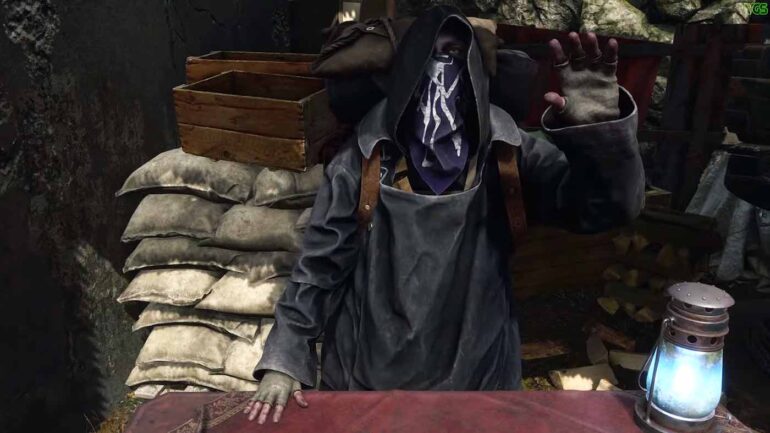Despite the idea of a $70 USD/$125 AUD new release title still being a touch contentious among consumers, Capcom’s president, Haruhiro Tsujimoto, seemingly thinks that the price of video games (at least in Japan) remains too low when compared to the rising costs of development.
Kotaku reports that Tsujimoto commented on the current cost of video games during the recent Tokyo Game Show for 2023, saying “Development costs are about 100 times higher than during the Famicom era, but software prices have not gone up that much. There is also a need to raise wages. Considering the fact that wages are rising in the industry as a whole, I think raising unit prices is a healthy option for business.”
“Just because there’s a recession doesn’t mean you won’t go to the movie theater or go to your favorite artist’s concert,” Tsujimoto added. “High-quality games will continue to sell.”
Capcom President Says ‘Game Prices Are Too Low’ https://t.co/2OInzcbC5H pic.twitter.com/ANBs5zbRLB
— Kotaku (@Kotaku) September 26, 2023
As many have noted, Capcom is actually one of the bigger holdouts when it comes to raising the standard RRP of a new release game in a lot of regions to the “new gen” benchmark set by the likes of Activision, Xbox and PlayStation, where games can run up to $70 USD/$125 AUD. Much of its recent output has remained cross-gen with the previous consoles though, so when titles like Dragon’s Dogma begin to hit that are wholly new-gen and PC exclusive we may see that change. It also just released a super-reasonably-priced expansion for the Resident Evil 4 remake in Separate Ways, which we loved.
In Japan, new release game prices aren’t quite as egregious, with a big title like PlayStation’s Marvel’s Spider-Man 2 equating to around $60 USD or $95 AUD – closer to the pricing we were used to last-gen.
Tsujimoto’s comments may have been aimed more at the local market, but he’s not wrong when it comes to the need to pay developers more, though some might argue the industry’s issues with the treatment and fair compensation of developers extend far beyond just what end customers are paying for their games. Here’s hoping that, if we do see prices of games continue to go up, that extra revenue goes to more than just CEO and shareholder’s pockets.



